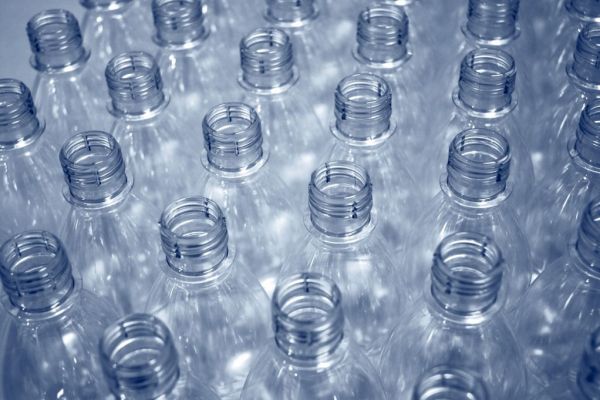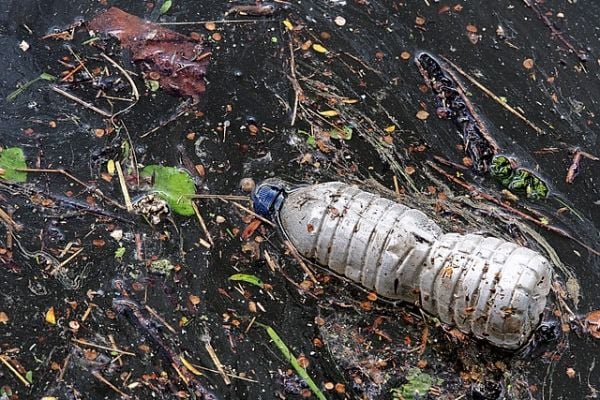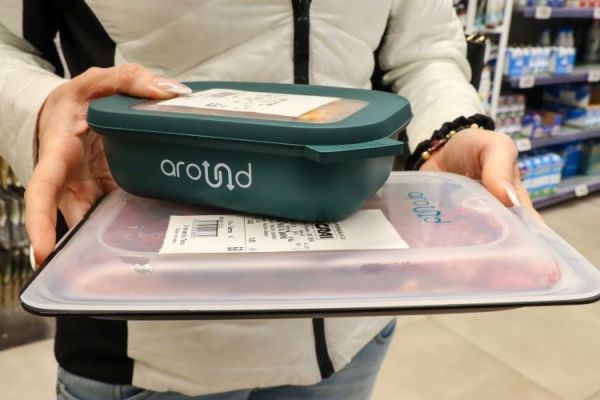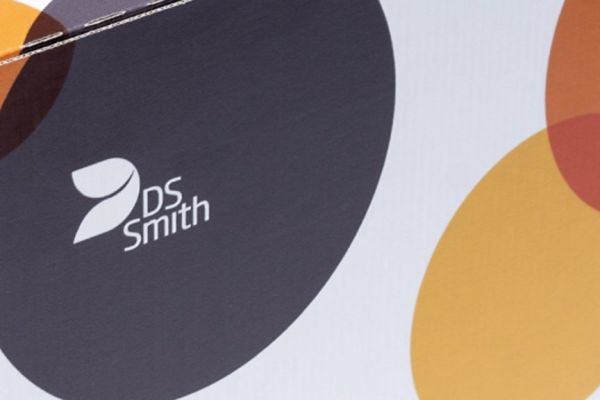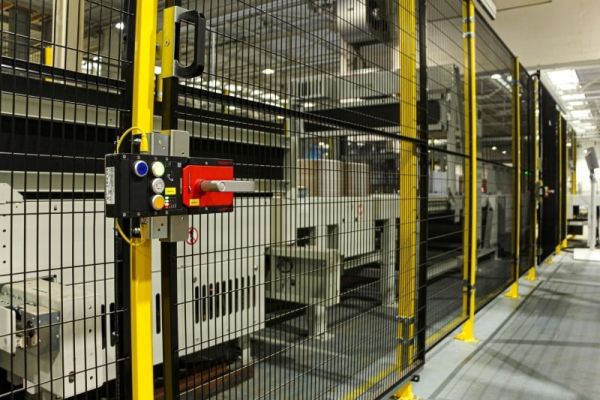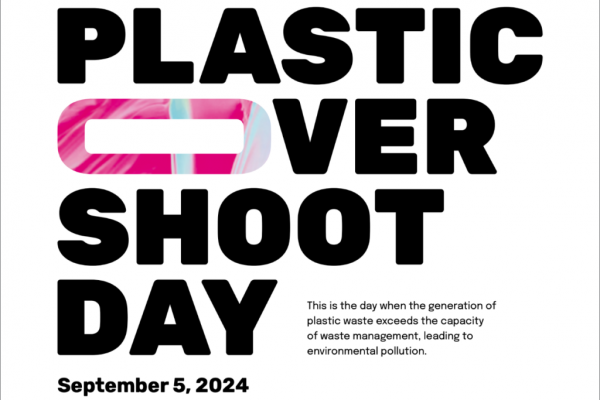In a new online only series, ESM senior reporter Ben Webb takes a sideways look at some of the issues affecting the retail and FMCG industries. In this week's edition, he looks at whether plastic-free packaging is a realistic aim, or an unachievable goal.
Europe's supermarket chains talk a good game when it comes to their packaging strategies and increasing sustainability. Talking about targets, targets and more targets gives the impression of progress.
As the old expression goes, "Plus ça change, plus c'est la même chose" – "the more things change, the more they stay the same.”
Among the industry's key goals is reducing plastic, which over the past 50 years has become a ubiquitous material in every aspect of how we shop.
Former Asda boss Andy Clarke recently summed up the situation. “Go into any supermarket and you will be met by a wall of technicolour plastic," he said. "Plastic encases virtually everything we buy.”
New Approach
So it was good to see that a new labelling campaign has already been adopted by a number of European supermarkets, including the UK's Iceland and the Dutch Ekoplaza.
The world's first Plastic Free Trust Mark, which was the launched by campaign group A Plastic Planet around a month ago, could make a real difference in the long run. The growing number of shoppers concerned about the impact of plastics on our environment, from the micro-beads we ingest to the pollution of waterways and oceans, can finally make more informed buying decisions.
In turn, the thinking goes, this will put pressure on manufacturers to rethink their packaging.
Plastic, brilliant as a packaging material, is everywhere, even in some tinned beans, teabags and glass bottle caps, so a clear Trust Mark is valuable. Campaigners hope it will lead to a radical reduction in the amount of single-use plastic packaging food and drinks.
A Plastic Planet co-founder Sian Sutherland said: “Our Trust Mark cuts through the confusion of symbols and labels and tells you just one thing – this packaging is plastic-free.”
Embracing Change
Frozen foods retailer Iceland, which has a growing reputation for acting nimbly to cut plastic, is to adopt the Trust Mark on relevant own-label products this month and will roll it out across stores as it works to eliminate single-use plastic packaging on all Iceland own-label products by 2023.
The first products to feature the Trust Mark include Iceland’s own-brand eggs, cottage pie and vegetable burgers. It may not sound a huge amount, but it will deliver a reduction in plastic usage of more than 600 tonnes per year. Other own-label foods expected to switch to non-plastic packaging this summer include soft fruit, mushrooms and potatoes.
“With the grocery retail sector accounting for more than 40% of plastic packaging in the UK, it’s high time that Britain’s supermarkets came together to take a lead on this issue,” said Richard Walker, managing director of Iceland Food Warehouse. “I’m proud to lead a supermarket that is working to realise a plastic-free future for food and drink retail.”
In the Netherlands the supermarket chain Ekoplaza, which this year unveiled the world’s first Plastic Free Aisle at a store in Amsterdam, is rolling out the Trust Mark across 74 outlets.
“The future has to be plastic-free,” declared Erik Does, Ekoplaza CEO. “We are proud to be a showcase for how we can dramatically reduce plastic for our customers. We want it, they want it. Now the customer has the easy choice, too.”
Big Brand Moves
Brands are also getting in on the act as well.
The Trust Mark will appear on the plastic-free Teapigs packaging in stores across the UK. Many consumer think the clear inner bags, which are designed to keep the tea fresh, are made from plastic, but they are made from Natureflex, which looks like plastic but is made from wood pulp. The Trust Mark will make it easy for consumers to make the right plastic-free choices.
There is still a very long way to go, but real progress relies on supermarkets using their power to drive meaningful change.
Perhaps it takes one of grocery's wise old grandees to cut to the chase and uphold the value of sustainable alternatives to plastic. “Regardless of how much is invested in Britain’s recycling infrastructure, virtually all plastic packaging will reach landfill or the bottom of the ocean sooner or later,” declared Andy Clarke of Asda. “Once there, it will remain on the earth for centuries. It is vital the UK packaging industry and supermarkets work together to turn off the tap.”
Read the previous World Wide Webb report on Beer's Battle Of The Sexes.
© 2018 European Supermarket Magazine – your source for the latest retail news. Article by Ben Webb. Click subscribe to sign up to ESM: European Supermarket Magazine.
